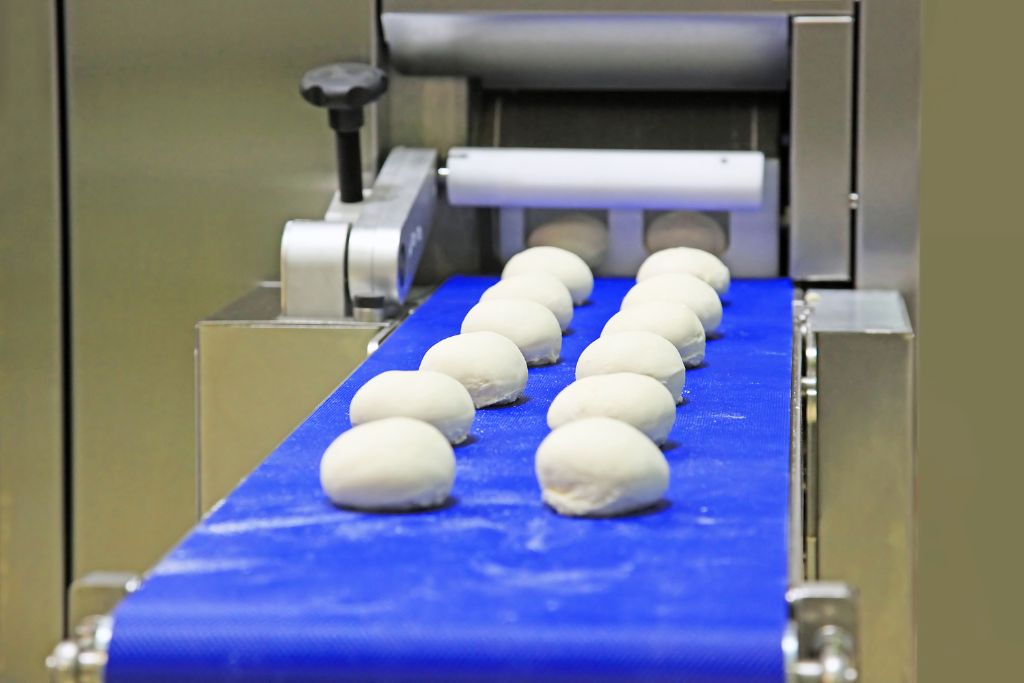
The Business of Food
A food business is any operation that serves or sells food or drinks to consumers. This includes restaurants, grocery stores, food kiosks, and mobile food stands. Food businesses often make a profit through a combination of sales and overhead costs. Food is a vital part of almost every culture and society. It is essential for human development, both physically and emotionally. The production and consumption of food have been around for centuries, and the Food Supply Chain has evolved in response to this demand. Profitability varies by product, but popular products tend to have high demand and low overhead costs.
What is the food industry?
The business of food involves everything from farmers and agricultural production to the grocer, wholesaler, distribution, restaurant, and institutional food service sectors. It also encompasses industry technology and marketing.
Agriculture, a broad term that includes growing crops and raising livestock (livestock) for human consumption, is the most important segment of the food industry. Other sectors include manufacturing, agrochemicals, plant breeding, and farming machinery.

Many modern industries rely on sophisticated technologies, including computerized equipment, which has eliminated much manual labor. However, some areas of the food industry still require handwork, such as chopping and eviscerating meats.
The food industry is regulated by the United States Department of Agriculture (USDA) and the US Food and Drug Administration (FDA). These agencies regulate practices that affect the health of consumers, such as the safety of foods produced and sold.
How does it work?
The business of food consists of the supply chain that links the raw materials from farms to the table. Among other tasks, the industry handles the processing of fruits, vegetables, grains, meats, and dairy products to produce ready-to-eat, or RTFO, products for sale to consumers, restaurants, and institutional food services. A variety of technologies, including automated assembly lines, robotics, and automation, are transforming the industry.

The food manufacturing industry is an interesting and diverse business. Although the majority of operations are small and family-run, a few large corporations can boast production volumes that match or exceed that of many regional or national grocers and wholesalers. For the most part, the industry has been able to keep a lid on costs through the judicious use of technology and human capital. The most challenging challenge is finding and retaining the right people to get the job done. The best part is that this industry is a very good place to work.
What are the jobs in the food industry?
The business of food involves a wide range of careers, from entry-level kitchens to front and back-of-house positions. These jobs involve a variety of tasks that require attention to detail and teamwork skills.
Some of the most interesting and innovative careers in this industry are emerging due to a shift in consumer preferences. People are more concerned with nutritional quality and want foods with less sugar and preservatives.

For example, a food technologist is responsible for researching and developing new food products. They also work to ensure that their foods are safe and legal to sell.
Other workers in this sector include butchers and meat cutters, who cut, slice, and trim meat at later stages of production to facilitate distribution, processing, and sale. They may work in grocery stores, wholesale meat establishments that supply restaurants, or institutional food service facilities.
What are the opportunities in the food industry?
The food industry is a global network of companies that supply the world’s needs. It includes farmers, producers, manufacturers, and retailers.
The industry is a great opportunity for people interested in R&D. This is because industries are constantly developing new products to satisfy consumers’ demands.

Another opportunity for the food industry is the rise in health awareness among consumers. Due to this, industries are trying to develop immunity-boosting foods and other foods that have high proteins but low calories and fat.
The food industry also offers a variety of opportunities for people who are interested in marketing. The food industry has become a competitive market, so it’s important to be unique to capture market share.
For food-related businesses, branding is key to attracting and retaining customers. The article “How To Successfully Reinforce Your Brand – Simple, Effective Ways To Boost Your Business” offers valuable insights into building a strong brand and standing out in a competitive market. By incorporating the tips from this article, food-related businesses can differentiate themselves and create a loyal customer base. For those interested in starting a food-related business or looking to improve an existing one, the article “The Business of Food” provides a comprehensive guide to navigating the industry. By combining the information from both articles, individuals can learn how to build a successful food-related business with a strong brand that resonates with their target audience.





